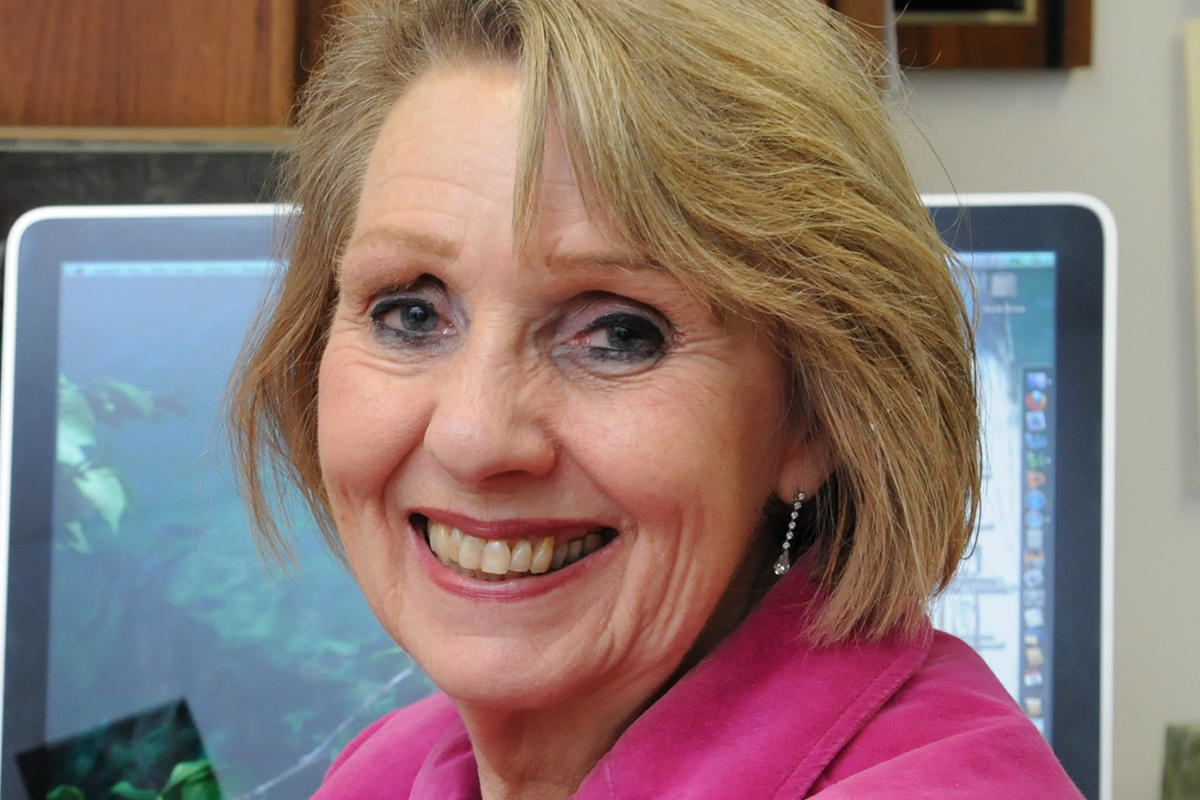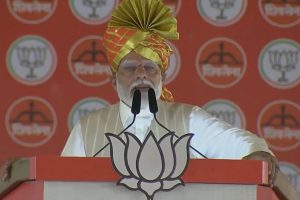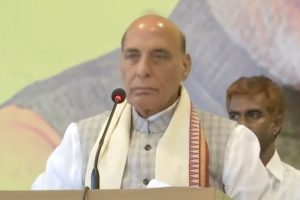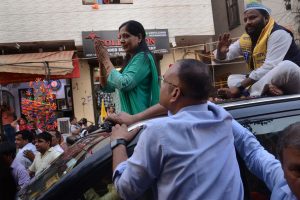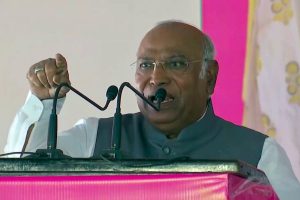Distinguished Professor of History Emerita, Department of History, State University of New York, Oswego Prof. Geraldine Forbes has been regularly visiting India, particularly Kolkata and Mumbai, for more than five decades. Every winter, when she is in Kolkata, Prof. Forbes is invited to deliver the keynote address at seminars held in universities and colleges. Several of her books on women’s history, such as Women in Modern India and Women in Colonial India, are regularly used by students and researchers in India.
Here she is in conversation with Sanjukta Dasgupta.
You are internationally known as a feminist historian. Your book Women in Modern India is considered to be an indispensable foundational text. Do tell us about your experiences regarding the book’s reception.
I’m surprised and delighted that professors and students still find Women in Modern India useful. I began researching women’s history because I discovered some fascinating material in the 1970s, and one topic led to another. People who heard I was researching women’s lives were immensely helpful, encouraging me to continue and directing me to new sources. The book could not have been written without the help of countless individuals, men and women, who were excited about the idea of women’s history. When I was writing that book, in the late 1980s and early 1990s, there were not many published histories of women to draw from, but now the field is rich and becoming richer every day.
Do you think all urban educated cultured Indian women have more similarities than differences? Can you identify a few of these defining factors?
This is difficult to answer because my experience has been limited. Most of the women I know are associated with educational institutions, the majority in the social sciences and humanities. They are dedicated professionals concerned about the status of women but not in complete agreement about the issues or the solutions. I think differences among educated women about what is best for women are a world-wide phenomenon; while women in most countries of the world are aware of the forces stacked against their full participation in their societies, they neither unite as women nor agree on a route to a more equitable world.
You are familiar with the Women’s Studies curriculum and research projects. How would you rate these in comparison to Women’s Studies in the USA?
From the beginning, there were significant differences between Women’s Studies in India and the USA. Although Women’s Studies in the USA developed from the feminist demand to be represented in the curriculum, Women’s Studies did not have an activism component. The first Women’s Studies Research Unit in India was opened at SNDT Women’s University in Mumbai in 1974. In the USA, a majority of Women’s Studies programmes have added ‘Gender’ and ‘Sexuality’ to their titles, expanding their concerns.
Which books in your opinion should be compulsory reading for those interested in Women’s Studies and research?
In answering this, I’m going to limit myself to a few older books that I see as foundational for women and feminism in India. And, in doing so, I am omitting at least 50 additional books that should be on the list. Some of these are Susie Tharu and K. Lalita, eds., Women Writing in India: 600 B.C. to the Present; Tanika Sarkar, Hindu Wife, Hindu Nation: Community, Religion, and Cultural Nationalism; Padma Anagol, The Emergence of Feminism in India, 1850–1920; Radha Kumar, The History of Doing: An Illustrated Account of Movements for Women’s Rights and Feminism in India, 1800–1990; Kukum Sangari and Sudesh Vaid, Recasting Women: Essays in Indian Colonial History and Ania Loomba’s Revolutionary Desires: Women, Communism, and Feminism in India.
Do you think Queer Studies and Men’s Studies should be included in Women’s Studies courses?
I think this depends on the expertise of the faculty teaching in the particular Women’s Studies program. At my university, we changed the programme from Women’s Studies to Women’s and Gender Studies, which involved a significant commitment to developing new courses. We discussed adding Sexuality Studies but voted against it because, at the time, we did not have sufficient resources to mount the courses necessary to make this a meaningful addition.
Unfortunately, people often use the term Gender Studies, a synonym for Women’s Studies. They are not the same. Gender Studies should focus on the study of masculinity and femininity. I would prefer to see programmes couched in broader terms and include Sexuality Studies and Gender Studies rather than Queer Studies and Men’s Studies.
Do tell us about your intriguing book on lost letters.
My last book, Lost Letters and Feminist History: The Political Friendship of Mohandas K. Gandhi and Sarala Devi Chaudhurani, was written to recuperate the political partnership of Mohandas K. Gandhi and Sarala Devi Chaudhurani in 1919–1920. I met Dipak Dutt Chaudhry, the son of Sarala Devi and Rambhaj Dutt Chaudhary, a prominent lawyer and Indian National Congress leader, and based it on the letters he had on an important phase of Indian history.
As a historian, I would like to see International Women’s Day maintained as a day that honours working women and reminds us of the problems they face. The first International Women’s Day, held in February 1909 in New York, commemorated the 1908 strike of women garment industry workers. The next year, the Socialist International declared 8 March a day to honour the movement for women’s rights. However, all celebrations change with time and location.
The writer is professor and former dean, department of English, University of Calcutta.

